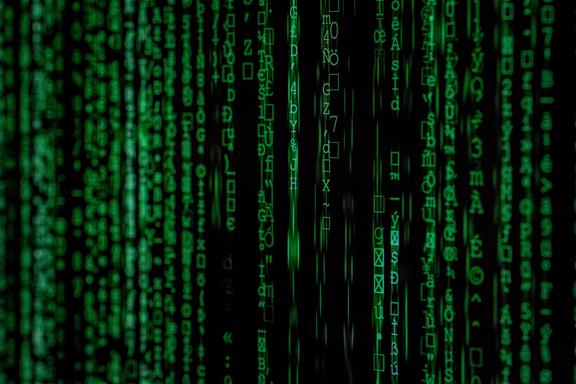
Overview
According to ‘Cyber Ireland’, Cybersecurity is a rapidly growing industry internationally, for which there are a number of opportunities and challenges including $248 billion in cybersecurity spending worldwide by 2023. Ireland has become a significant base of international technology and security companies, with the top 5 worldwide security software companies in the world and over 6,000 people working in the cyber security industry. Leading global technology companies have a significant presence in Ireland, such as Microsoft, Intel and Google. Ireland is uniquely placed to benefit from increased global investment, as it has an opportunity to position itself as a world-class cyber security practices, solutions and investment hub.
Both full time and part time programme options designed to facilitate learners with a statistics/computing/technology background who wish to upskill in this new and emerging area of Cybersecurity. It may be their preference to take the theory and practical modules only and not complete the dissertation.
Aims of the Programme
This programme aims at developing learners within the Cybersecurity discipline and involves theoretical knowledge and advanced skills in technology, communication information management, and processes to enable assured operations in the context of threat identification and mitigation. Learners develop advanced practical skills in essential areas such as programming, advanced databases, networks and systems administration, while also offering theoretical knowledge of cryptography and digital forensics
The Master of Science (MSc) in Cybersecurity specific aims are to:
-
Enable learners to develop mastery of current and developing computer technologies especially skills related to the development and use of cybersecurity.
-
Provide learners with a deep and systematic knowledge of the management of cybersecurity in organisational contexts.
-
Facilitate the development of applied skills that are directly complementary and relevant to the workplace.
-
Identify and develop autonomous learning skills.
-
Develop a deep and systematic understanding of current issues of research and analysis.
-
Identify, develop and apply detailed analytical, creative, problem solving and research skills.
-
Respond ethically and informatively to address any unseen situations that may arise due to the emerging needs of industry.
-
Provide a comprehensive platform for career development, innovation and further study
Delivery
All learners are expected to attend in person in class.
Entry Requirements
The minimum entry requirements for the Master of Science (MSc.) in Cybersecurity are:
-
A Level 8 primary cognate degree with a minimum second-class second-division (2.2) classification from a recognised third level institution. Cognate subjects include computer science, technology, networking, information systems, engineering, general science, mathematics, statistics, data analytics or related discipline.
-
Graduates of any non-cognate discipline and hold a qualification in a conversion-style programme such as the DBS Higher Diploma in Science in Computing.
-
For applicants whose first language is not English and who have not previously undertaken a degree taught through English, evidence must be provided of proficiency in English language equivalent to B2+ or above on the Common European Framework of Reference for Languages (CEFRL). This must be evidenced through a recognised English Language test such as IELTS, Cambridge Certificate, PTE or DBS English Assessment. Test certificates should be dated within the last two years to be considered valid.
Applicants who do not have a Level 8 qualification in a cognate area and who have at least 3 years’ work experience may also be considered through the college’s normal RPL procedures. Relevant professional experience may be taken into account and individuals will be assessed on a case-by-case basis through DBS RPL procedures.